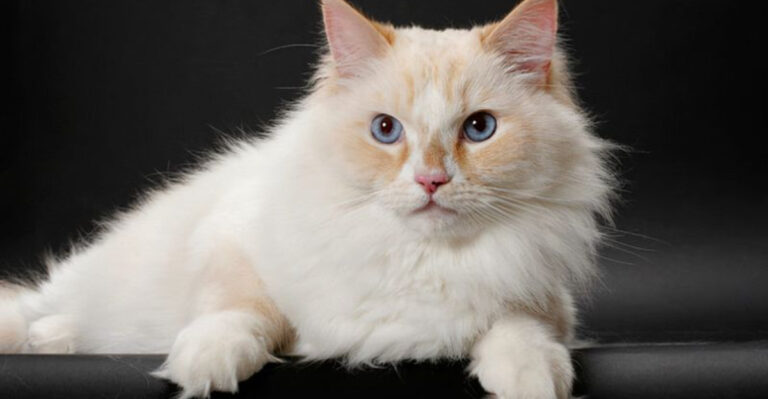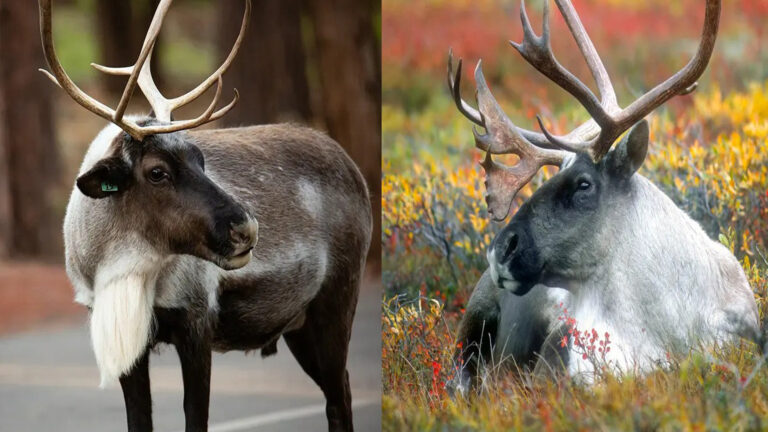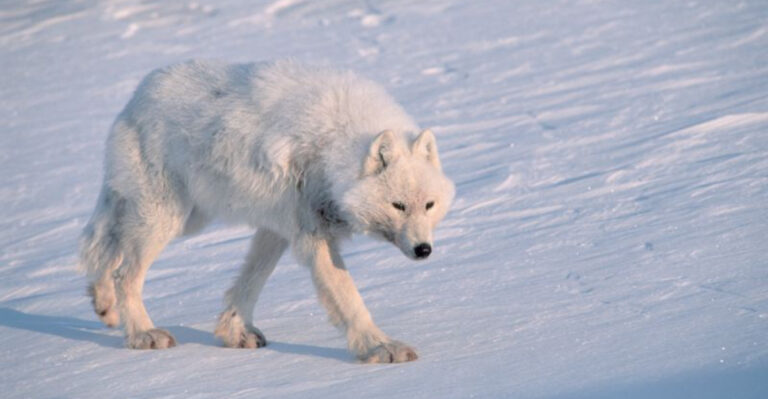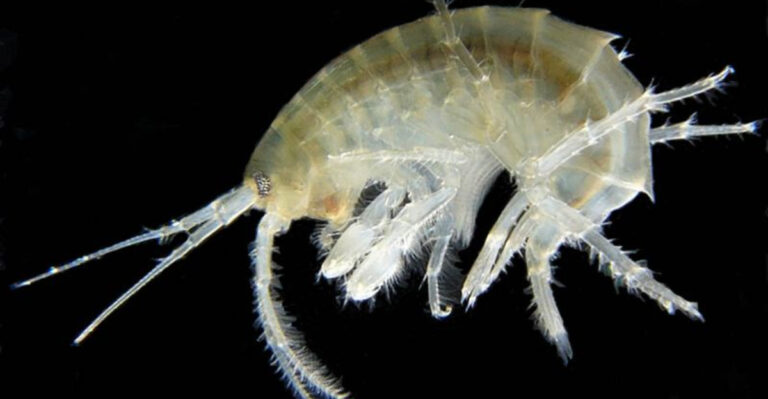The 15 Most Effective Horse Breeds For Therapeutic Work
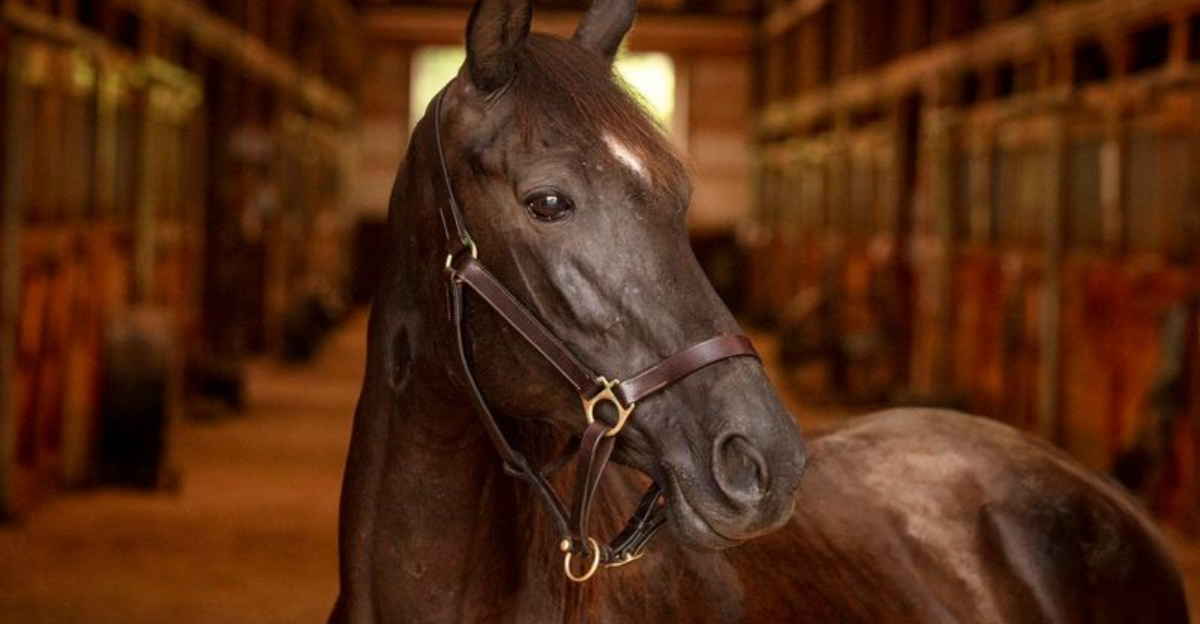
Therapy horses are the unsung heroes of healing, with their big hearts and even bigger personalities! These gentle giants have an incredible way of offering emotional support and promoting wellness, making them the perfect companions for anyone in need.
Whether it’s their calming presence, unwavering patience, or their ability to form deep bonds with humans, these horses work wonders in therapeutic settings.
1. Gypsy Vanner
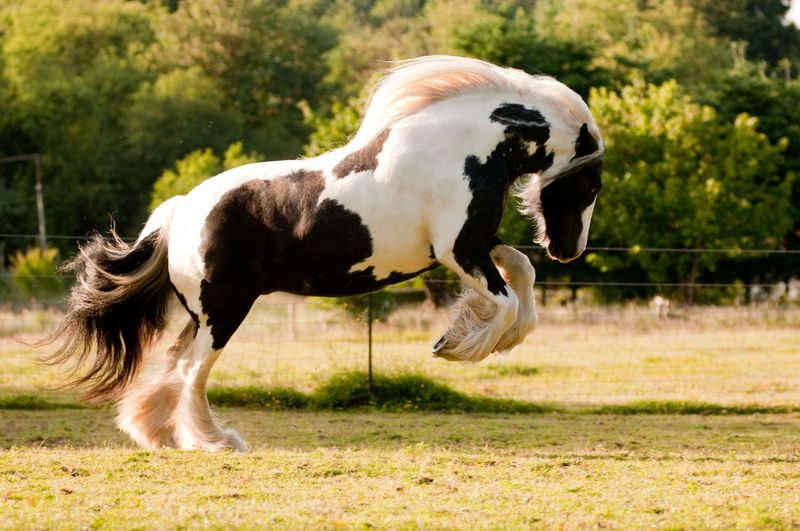
The Gypsy Vanner is a striking breed known for its calm demeanor and gentle disposition.
These horses are often recognized by their flowing manes and feathered legs, adding a whimsical beauty to their presence.
Beyond their appearance, Gypsy Vanners are incredibly intuitive, often sensing the emotional needs of individuals they encounter.
Their patient nature makes them ideal for therapy work, allowing clients to feel at ease while engaging with them.
2. Norwegian Fjord
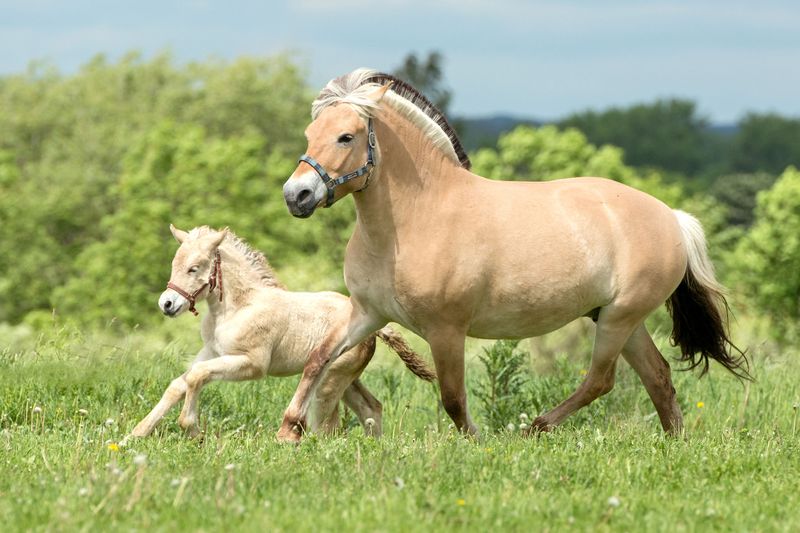
The Norwegian Fjord, with its distinct appearance and strong build, is a wonderful choice for therapy work.
Known for their dun color and unique black stripe along their back, these horses are not only beautiful but also incredibly sturdy.
Their calm and steady nature offers a comforting presence to those in need of emotional support.
Fjords are highly social and enjoy interacting with humans, making them excellent companions in therapeutic settings.
3. Morgan Horse
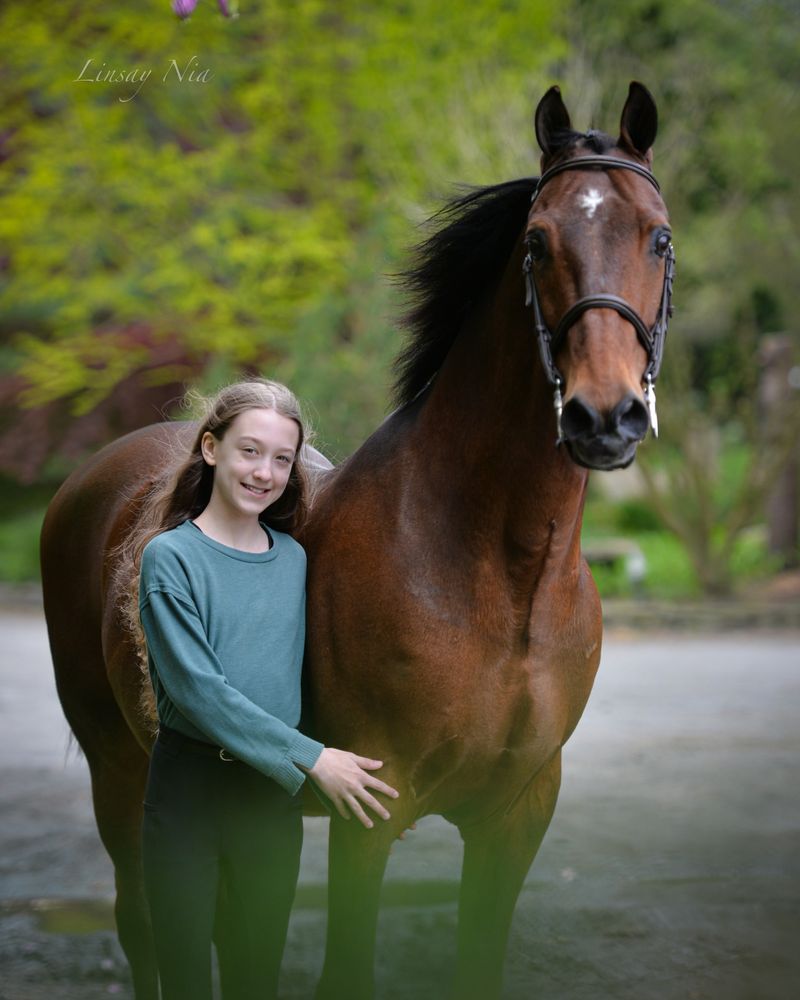
Morgan Horses are known for their versatility and gentle nature, making them ideal therapy animals.
Their compact size and strong build allow them to participate in various therapeutic activities, from mental health support to physical rehabilitation.
Morgans’ friendly demeanor encourages interaction and helps build trust with those they assist.
Their empathetic nature excels in equine-assisted therapy, improving emotional well-being and social skills.
4. American Quarter Horse
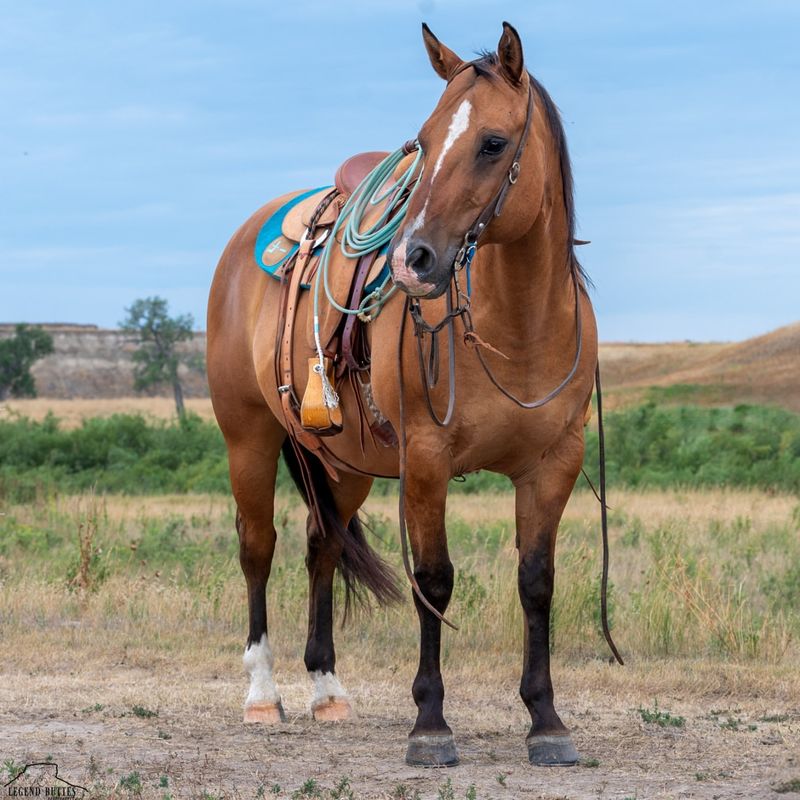
The American Quarter Horse is not only known for its strength but also its calm and intuitive nature, making it perfect for therapy work.
These horses can easily sense human emotions, offering comfort and reassurance in times of need.
Their patient, steady demeanor makes them great for working with people of all ages, from children to the elderly.
Whether aiding in mental health support or physical rehabilitation, the American Quarter Horse’s empathy and intelligence shine through.
5. Welsh Pony
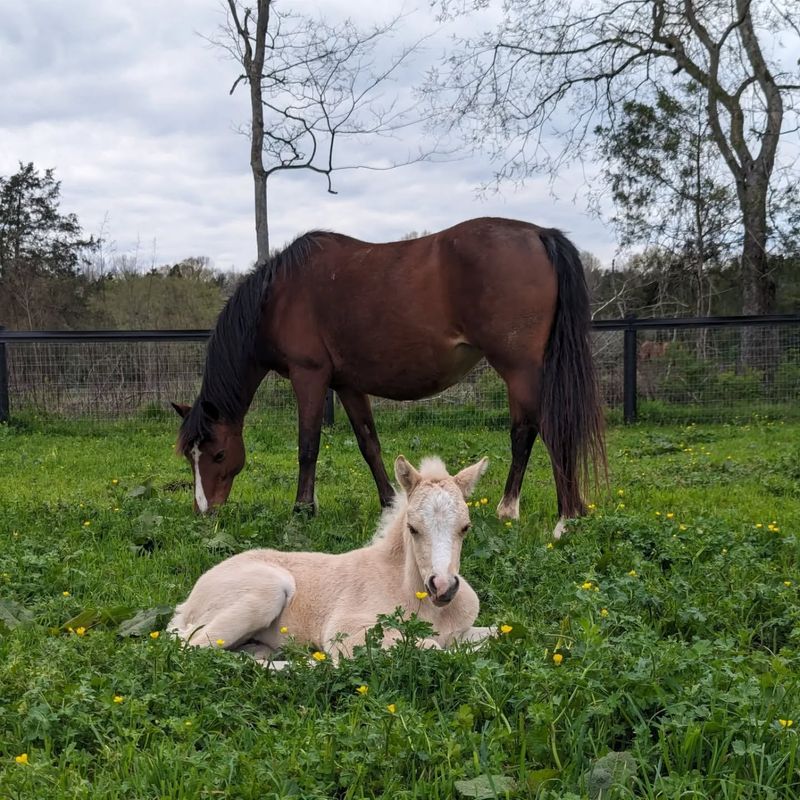
Welsh Ponies are gentle and patient, making them exceptional therapy animals.
Their small size and friendly demeanor make them accessible to children and individuals with disabilities.
Welsh Ponies naturally form strong bonds with people, which is essential in therapy work.
Their intelligence and willingness to learn help them quickly adapt to various therapeutic activities.
These ponies are a favorite in therapy environments, offering support and encouragement wherever they go.
6. Miniature Horse
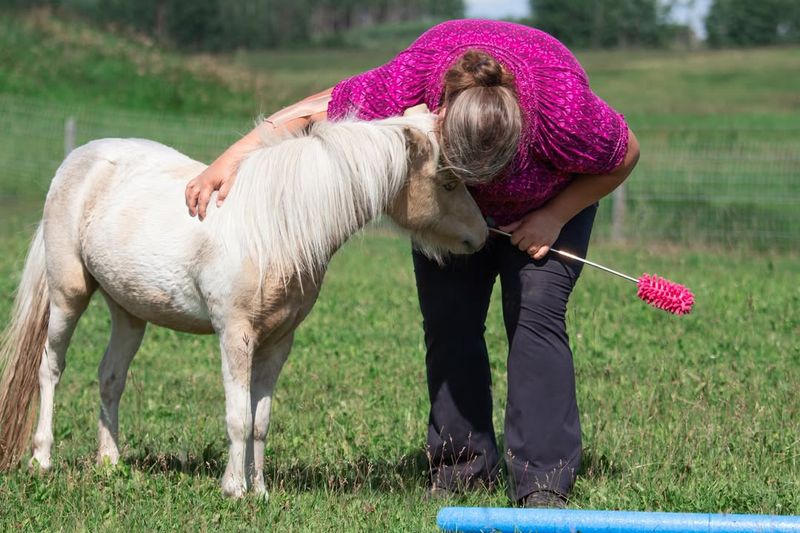
Miniature Horses may be small, but they have a big heart and a gentle demeanor, making them perfect for therapy work.
Their friendly nature and manageable size make them ideal for close interaction with both children and adults.
These horses excel in settings where space is limited, providing easy handling and maneuverability.
Often used for individuals with anxiety, autism, or PTSD, they offer comfort and emotional support.
7. Paint Horse
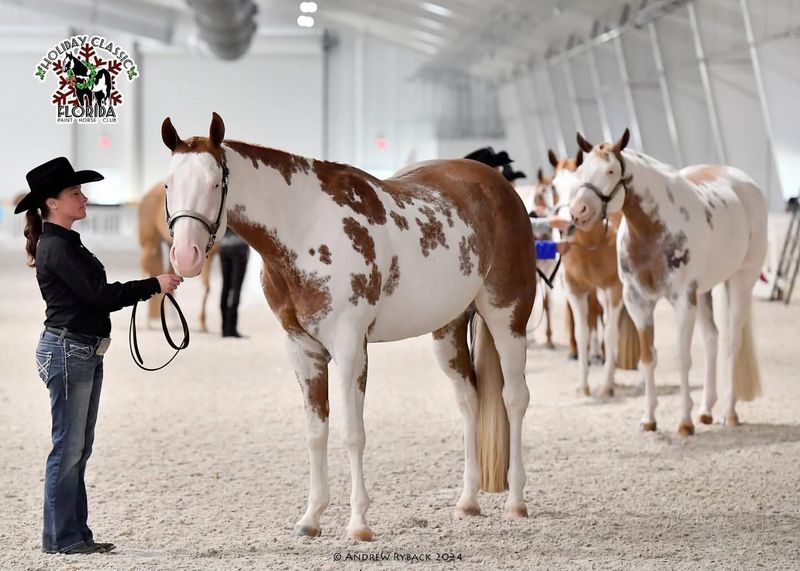
Paint Horses are known for their striking coat patterns and gentle temperament, making them perfect therapy animals.
Their captivating appearance provides a comforting distraction in therapeutic settings.
With a calm and patient nature, Paint Horses form strong emotional bonds with humans.
In equine-assisted therapy, they excel at improving emotional well-being and social skills, fostering trust and connection.
Their empathetic nature and intuitive understanding of human emotions make them invaluable in therapy, offering support and encouragement to those in need.
8. Appaloosa
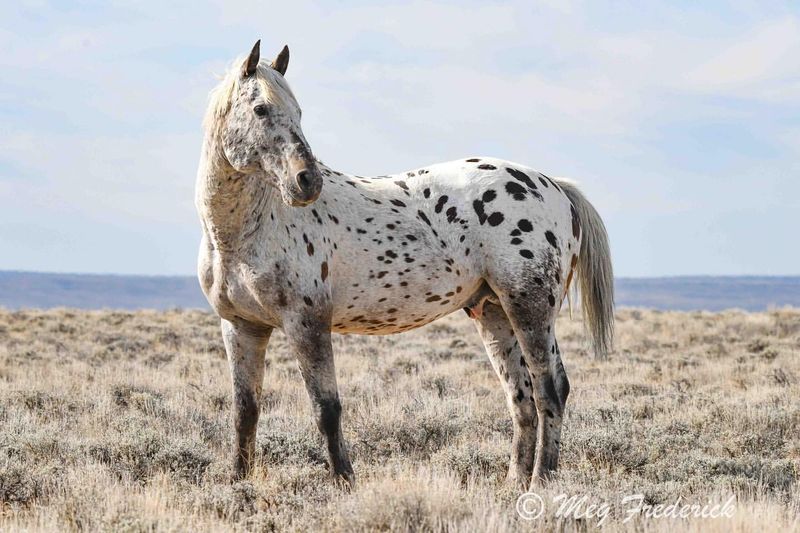
The Appaloosa is not only visually striking but also known for its gentle and calm nature, making it an excellent therapy horse.
Their unique spotted coat engages individuals, offering a comforting distraction in therapy programs.
Appaloosas are intelligent and easy to train, making them adaptable to various therapeutic activities.
Their steady temperament is ideal for working with people dealing with anxiety, depression, or trauma.
These horses form strong bonds with humans, fostering emotional and mental healing in therapeutic environments.
9. Haflinger

Haflingers, with their golden coats and gentle nature, are perfect for therapy work.
Their calm and patient disposition allows them to form strong emotional bonds, facilitating healing.
Haflingers excel in various therapeutic programs, including mental health support and physical rehabilitation.
Their approachable demeanor helps build confidence and communication skills, fostering trust and empathy.
In addition to therapy, they are used in educational settings to teach patience and responsibility.
10. Shetland Pony
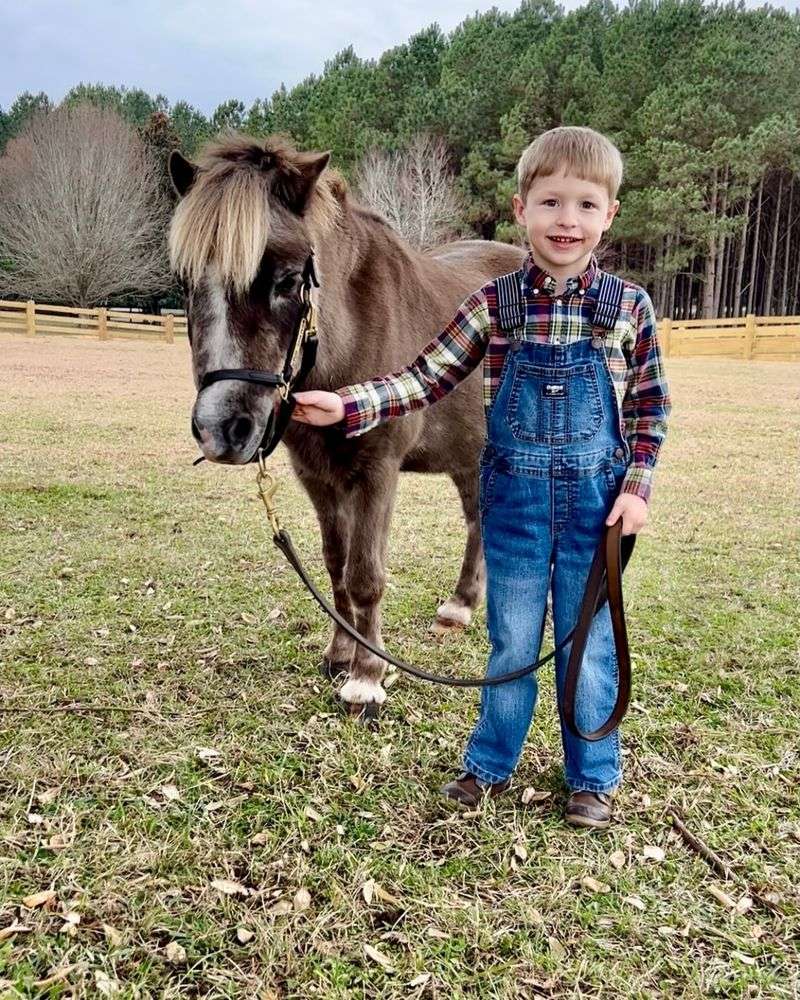
Shetland Ponies, with their small size and big personalities, are perfect for therapy work. Their friendly and approachable demeanor makes them accessible to people of all ages.
Shetlands are especially effective in environments with limited space, where their compact size allows for easy handling.
In therapy, they help individuals build confidence, develop communication skills, and enhance emotional well-being.
Their patient and empathetic nature makes them a cherished choice in therapy and educational settings, where they foster trust and teach important values.
11. Arabian Horse

Arabian Horses are admired for their beauty, endurance, and intelligence, making them exceptional therapy horses.
Their sensitive and responsive nature allows them to connect deeply with people, providing emotional support and companionship.
Known for sensing and responding to emotional needs, Arabians excel in equine-assisted therapy programs.
Their gentle yet spirited demeanor helps individuals build trust, confidence, and emotional well-being.
12. Friesian Horse
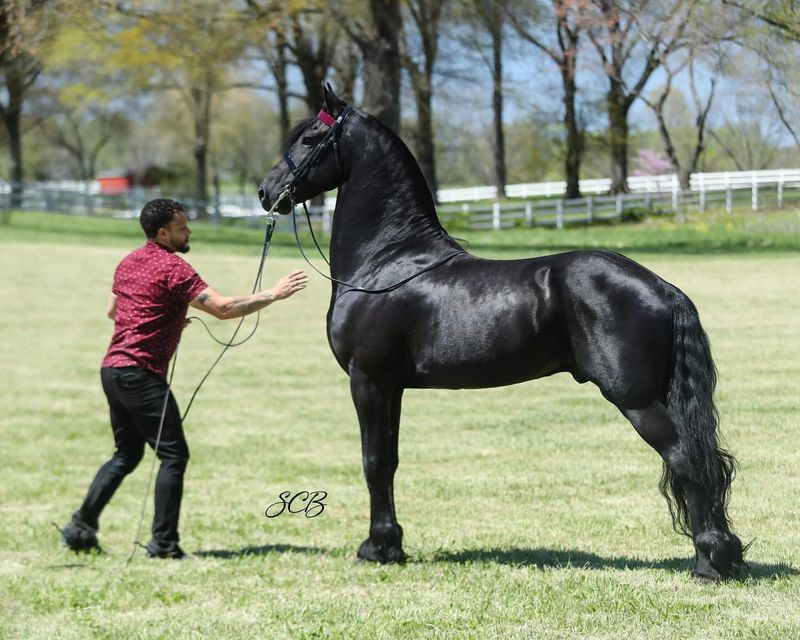
Friesians are known for their striking appearance and gentle nature, making them perfect therapy horses.
Their long, flowing manes and majestic presence captivate those they serve. Naturally calm and patient, Friesians excel in therapeutic environments.
Their intuitive nature allows them to connect emotionally, offering comfort and support to individuals.
13. Clydesdale
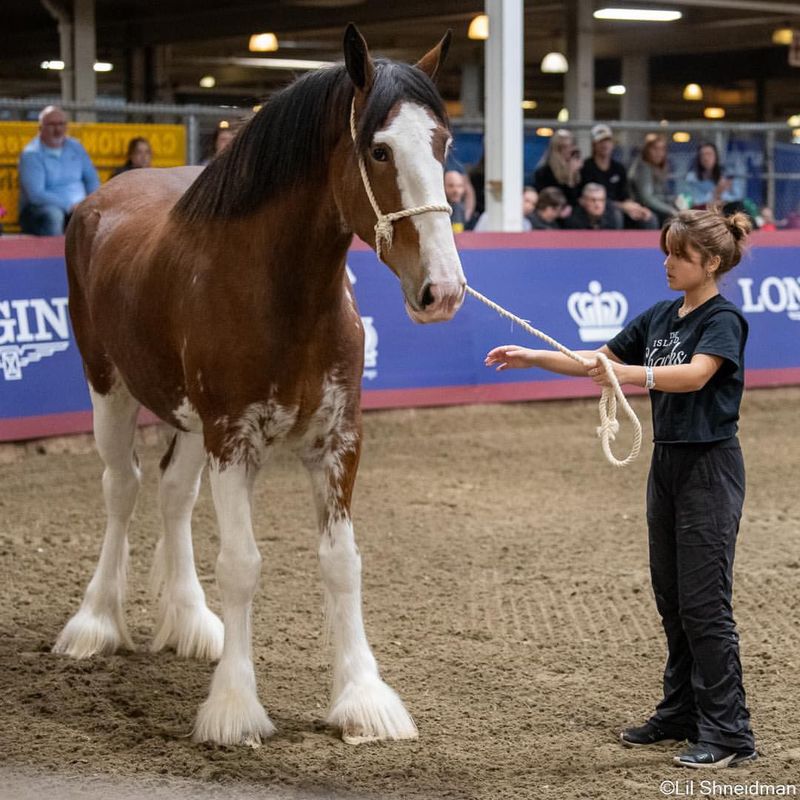
Clydesdales, known for their impressive size and gentle temperament, make excellent therapy horses with their calming presence.
Despite their large stature, their kind nature makes them approachable and comforting to individuals in need.
These gentle giants are particularly effective in helping people overcome fear and anxiety.
Their steady demeanor and affectionate personality foster a safe environment for building trust and confidence.
14. Tennessee Walking Horse
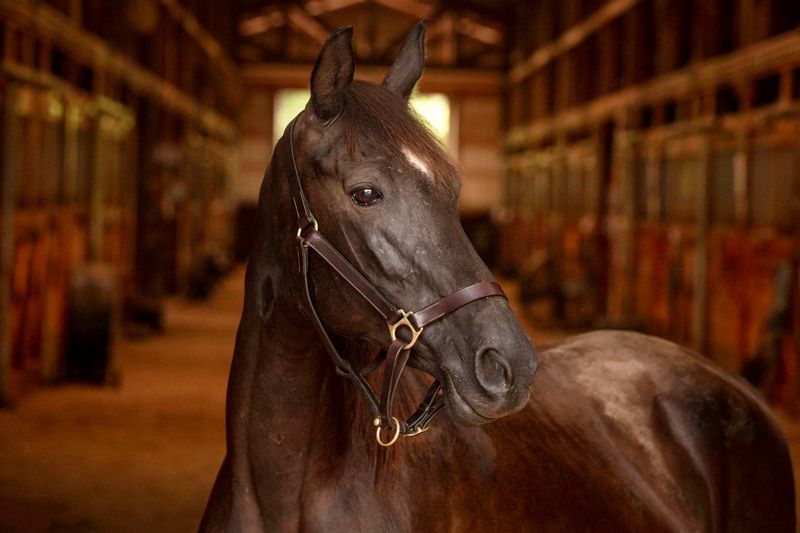
Tennessee Walking Horses are known for their smooth gait and gentle nature, making them ideal therapy animals.
Their calm and patient temperament helps them form strong emotional bonds, offering support and companionship.
These horses excel in improving physical balance and coordination due to their unique gait.
In therapy programs, they enhance emotional well-being and social skills, fostering trust and connection.
15. Mustang
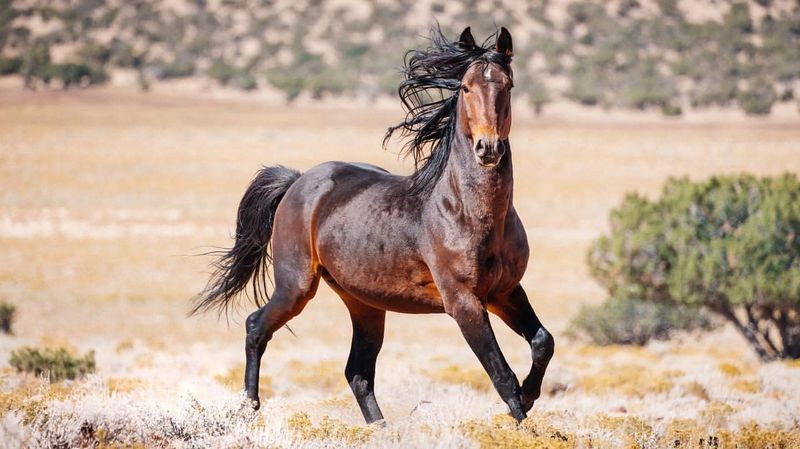
Mustangs, with their wild spirit and resilience, bring a unique energy to therapy work. Their strong empathy and intuition allow them to form deep connections with humans.
Mustangs excel in equine-assisted therapy, helping individuals build confidence and overcome challenges.
Their spirited nature encourages personal growth by helping people confront and manage fears.

